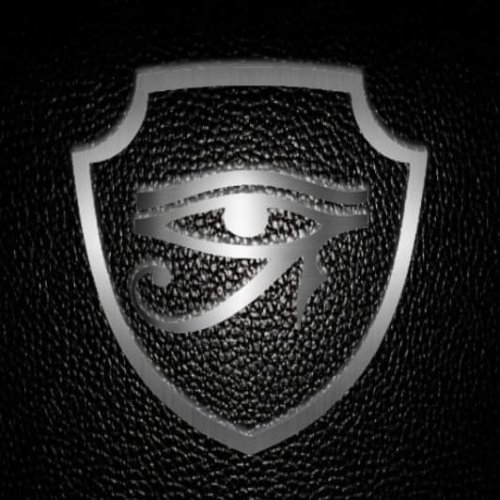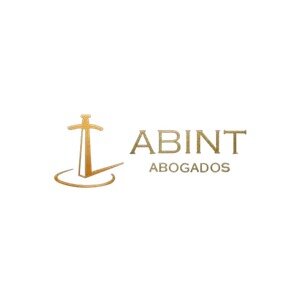Best Faith-Based Law Lawyers in Venezuela
Share your needs with us, get contacted by law firms.
Free. Takes 2 min.
Or refine your search by selecting a city:
List of the best lawyers in Venezuela
About Faith-Based Law in Venezuela
Faith-Based Law in Venezuela encompasses the legal and regulatory frameworks that govern religious institutions and the practice of faith among its citizens. While Venezuela is a predominantly Catholic country, the government recognizes the diversity of religious beliefs and has established guidelines to manage the interactions between religious institutions and the state, as well as the rights of individuals to practice their beliefs freely. Faith-Based Laws address issues such as the registration of religious organizations, property management for religious entities, and the observance of religious customs in public spaces.
Why You May Need a Lawyer
There are several situations where individuals or organizations may require legal assistance related to Faith-Based Law in Venezuela:
- Establishing or registering a new religious organization and dealing with related bureaucratic processes.
- Navigating property disputes involving religious institutions.
- Protecting the right to practice one’s religion, particularly in cases where it's being threatened or restricted.
- Advising on compliance with secular laws while adhering to religious doctrines.
- Mediating conflicts within religious communities.
- Applying for permits to hold public religious events or demonstrations.
Local Laws Overview
In Venezuela, the Constitution guarantees freedom of religion, allowing individuals to practice faith without coercion. Key aspects include:
- Freedom of Religion: The Venezuelan Constitution ensures that everyone can freely choose and express their religious beliefs.
- Non-Discrimination: The law prohibits discrimination based on religious grounds in various areas, including employment and education.
- Religious Education: Faith-based educational institutions are permissible but must also adhere to the state educational curriculum.
- Registration of Religious Entities: Religious groups must register with the relevant governmental department to acquire legal status.
Frequently Asked Questions
What is required to register a religious organization in Venezuela?
To register a religious organization, you need to submit necessary documents such as the foundational charter, the objectives and statutes of the organization, and identification of its leaders, to the appropriate government offices.
Can religious institutions own property in Venezuela?
Yes, religious institutions can own property, but they must adhere to local laws regarding property ownership and management, including registration and tax obligations.
How does the government address religious holidays and observances?
Religious holidays recognized by the state are given special significance, and individuals have the right to observe religious customs. However, these observances must not conflict with public order or infringe upon others' rights.
Are there restrictions on religious dress or symbols in public spaces?
Venezuelan law generally respects the right to wear religious attire or display symbols; however, these must not contravene public safety regulations.
What protections exist against religious discrimination?
The Venezuelan Constitution and various laws protect individuals from religious discrimination, ensuring equal treatment in public and private sectors.
Can religious institutions disseminate material and preach publicly?
Yes, religious institutions can disseminate materials and preach in public, provided they comply with regulations concerning public order and do not engage in inflammatory rhetoric.
How are disputes within religious communities handled legally?
Disputes within religious communities can be resolved internally or through mediation and legal arbitration, depending on the nature and severity of the issue.
Is there a separation of church and state in Venezuela?
Yes, Venezuela maintains a level of separation between church and state, although the state collaborates with religious entities, especially in areas such as education and community service.
What are the legal implications of religious conversion?
The legal system respects an individual's choice to convert to a different faith, and there should be no legal repercussions, provided the conversion is voluntary and informed.
Can faith-based organizations engage in political activities?
While religious organizations can comment on social issues, direct involvement in political campaigns or partisan politics is generally discouraged to maintain impartiality.
Additional Resources
If you seek more information about Faith-Based Law in Venezuela, consider reaching out to the following:
- The Ministry of Internal Affairs, Justice and Peace: Handles registration and regulation of religious entities.
- The Venezuelan Episcopal Conference: Offers guidance on religious matters and represents the Catholic Church in Venezuela.
- Office of the Ombudsman: Provides assistance on issues of discrimination and protection of individual rights.
- Local legal aid organizations or bar associations that specialize in religious and civil rights.
Next Steps
If you need legal assistance in the realm of Faith-Based Law in Venezuela, consider the following steps:
- Gather all relevant documents and information regarding your situation.
- Consult with a lawyer who specializes in Faith-Based or Public Law to understand your legal standing and options.
- Consider mediation or alternative dispute resolution if it involves internal religious community matters.
- Remain informed about your rights and responsibilities under Venezuelan law.
- Seek the support of reputable religious councils or forums, if necessary.
Lawzana helps you find the best lawyers and law firms in Venezuela through a curated and pre-screened list of qualified legal professionals. Our platform offers rankings and detailed profiles of attorneys and law firms, allowing you to compare based on practice areas, including Faith-Based Law, experience, and client feedback.
Each profile includes a description of the firm's areas of practice, client reviews, team members and partners, year of establishment, spoken languages, office locations, contact information, social media presence, and any published articles or resources. Most firms on our platform speak English and are experienced in both local and international legal matters.
Get a quote from top-rated law firms in Venezuela — quickly, securely, and without unnecessary hassle.
Disclaimer:
The information provided on this page is for general informational purposes only and does not constitute legal advice. While we strive to ensure the accuracy and relevance of the content, legal information may change over time, and interpretations of the law can vary. You should always consult with a qualified legal professional for advice specific to your situation.
We disclaim all liability for actions taken or not taken based on the content of this page. If you believe any information is incorrect or outdated, please contact us, and we will review and update it where appropriate.
Browse faith-based law law firms by city in Venezuela
Refine your search by selecting a city.










